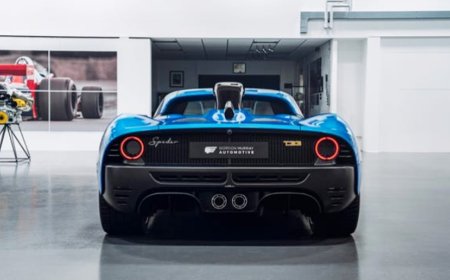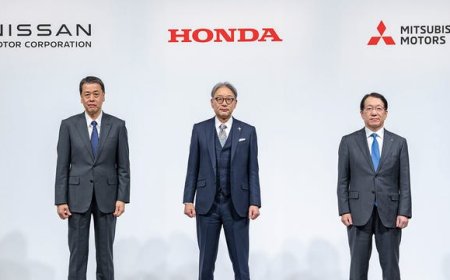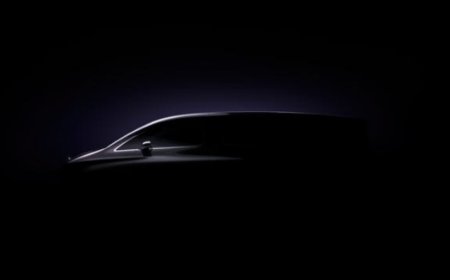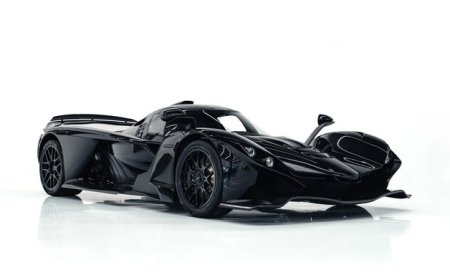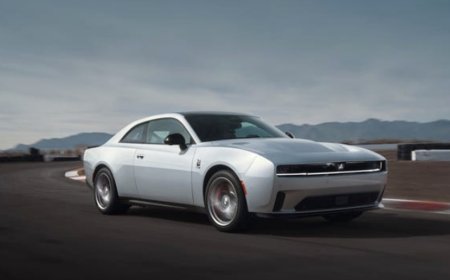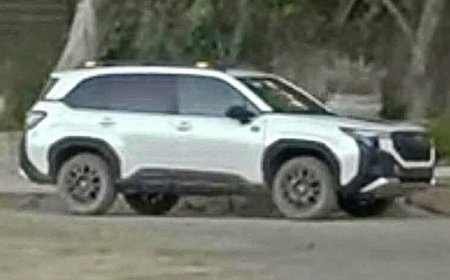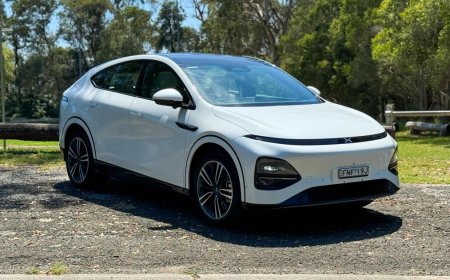Mercedes-Benz teases new modular electric van platform
The German brand best known for its luxurious sedans and SUVs released a teaser announcement for the next evolution of its van segment
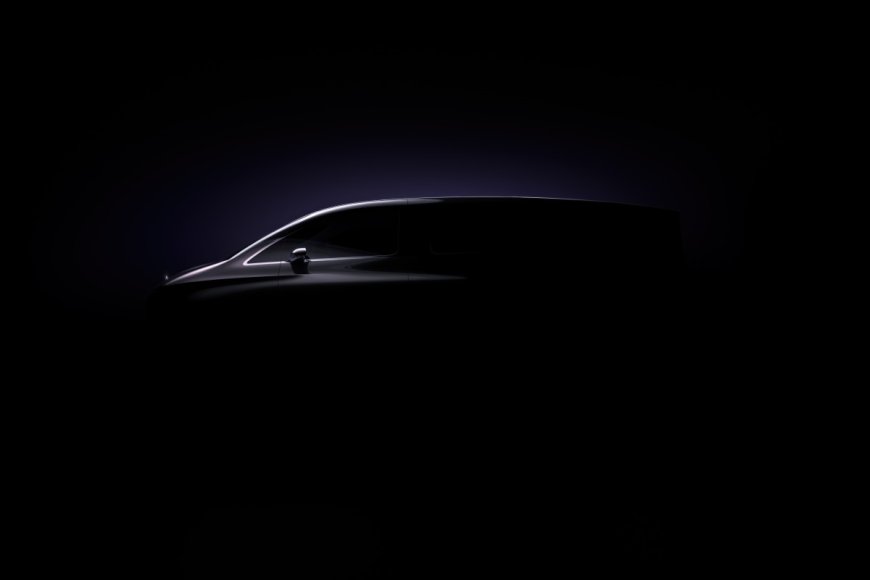
Chances are that when the name "Mercedes-Benz" is uttered, images of luxurious S-Class sedans or stately G-Wagon come to mind. Those are indeed some of their most popular models but don't forget that Mercedes-Benz also has a stable footing in the van market. Mercedes-Benz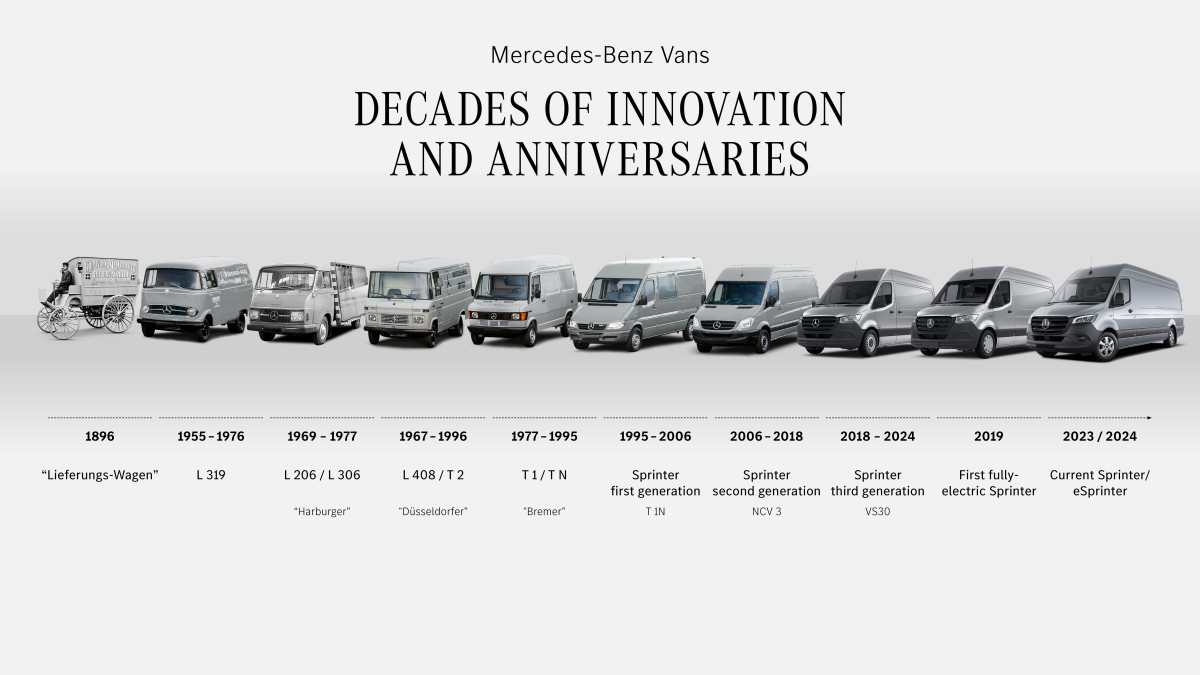
Related: Boreham Escort RS is an officially licensed reincarnation of a cult classic
Mercedes-Benz's experience with vans goes way back
Whether it's the Sprinter, a long-produced nameplate that has seen both industrial and passenger use, or the Metris minivan, the company has always dabbled in vans. One of their first real, mass-produced vans, the TN or T1 as it was known internally, was produced from 1977 all the way until 1995. An absolute staple on European roads, the TN was used for anything from passenger transport to cargo to even ambulances and fire engines.
Mercedes-Benz even has an electric passenger van in Europe, known as the EQV, with a range of 222 miles and a 45-minute fast charging time. Mercedes-Benz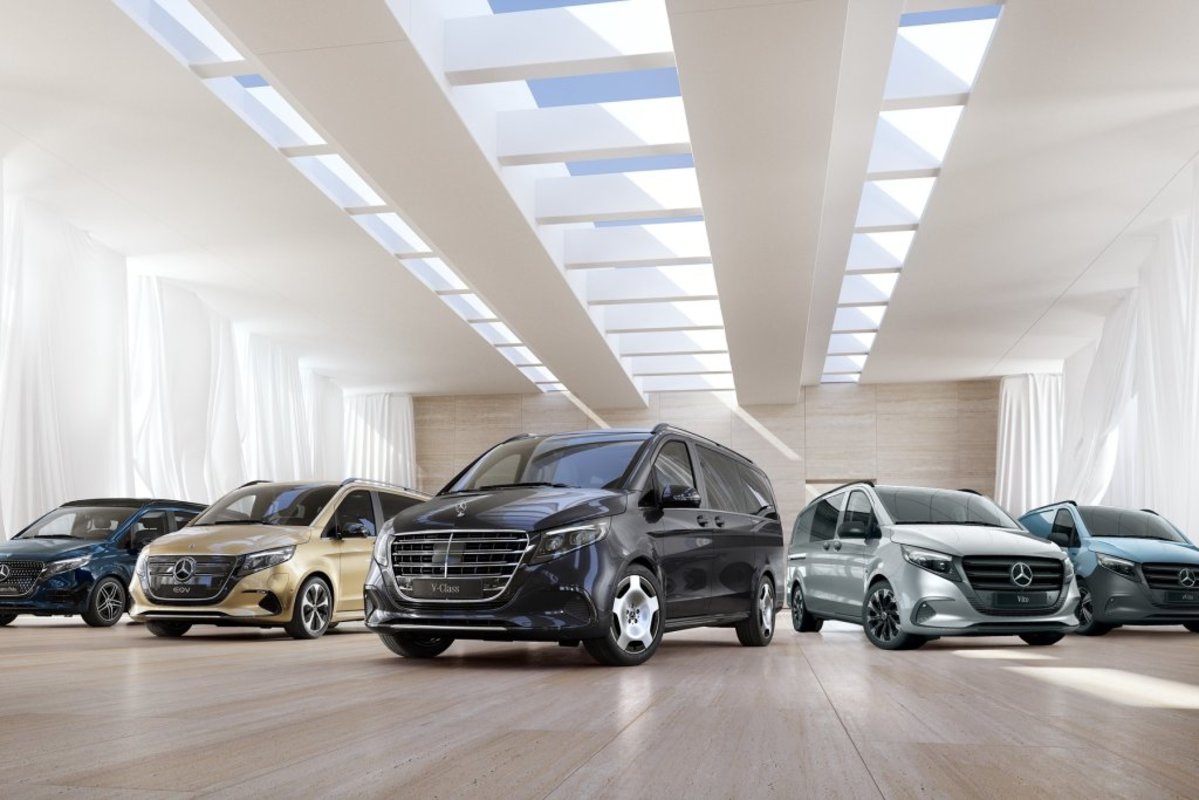
Their newest teaser announcement hints at a new era of vans coming in 2026 based around their Van Electric Architecture, or VAN.EA for short.
VAN.EA is meant to be modular and scalable to different kinds of vans, allowing Mercedes-Benz to use it for anything from high-end minivans, VIP shuttles, and spacious limousines to premium commercial vans.
Related: Ex-Stellantis CEO wanted Hemi V8 dead
The upcoming van will fit in their luxury segment
The only teaser image that the brand released alongside the announcement shows the top front end of their upcoming luxury limousine set to premiere in spring 2025.
From the few details we can see, it looks a lot like a lower-slung version of their electric EQV van. It is, of course, black with chrome trip, as all VIP limousines are, but we have nothing else to go off of. We'll be sure to keep you posted once Mercedes-Benz drops more details on it. Mercedes-Benz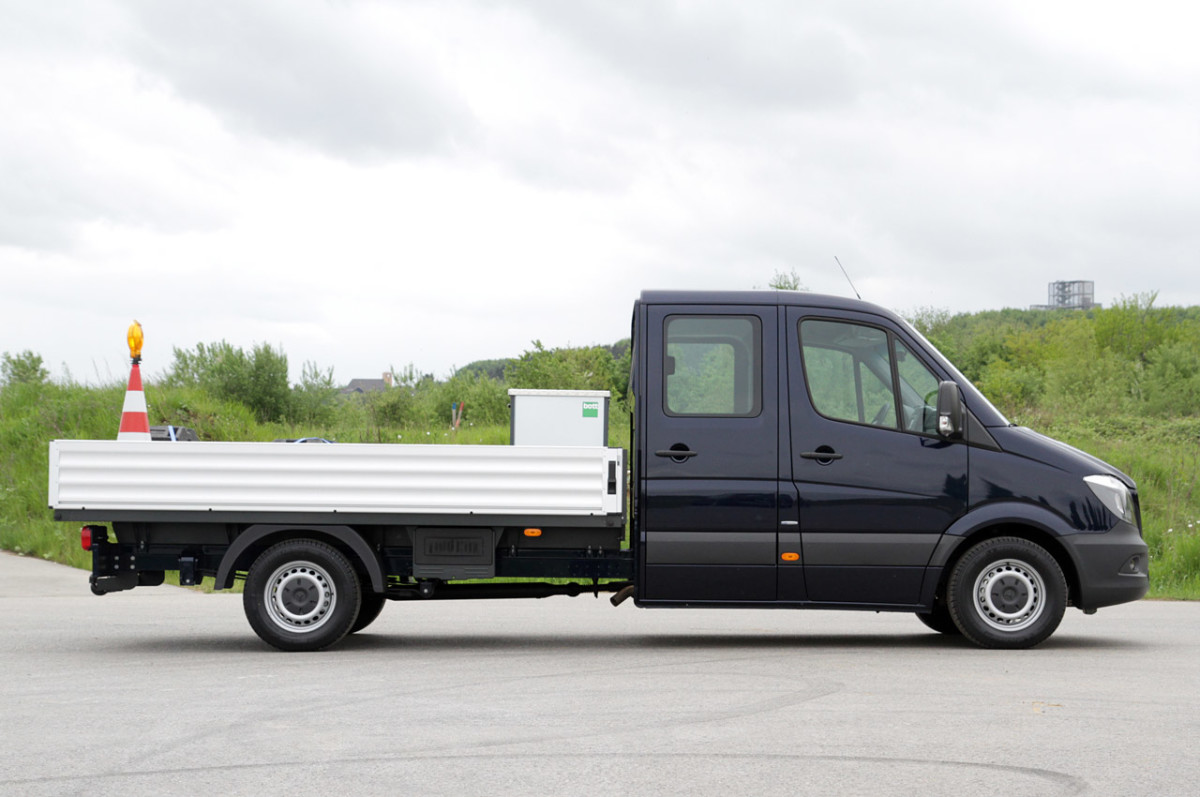
Final thoughts
The world will always depend on vans, whether for cargo or passenger transport, and Mercedes-Benz is one of their most well-known producers.
By creating a common architecture for all their future electric vans to be built on, the brand will save a lot of money thanks to the interchangeable parts. Those savings will ideally be passed on to the consumer, leading to cheaper vans for anyone who needs one.
They make great camper vans, and there is a whole niche corner of the van fanbase that turns these things into hardcore off-roaders. Don't even get me started on the van life trend.
Related: 2025 Porsche 911 Carrera: Hybrid power joins six decades of performance
